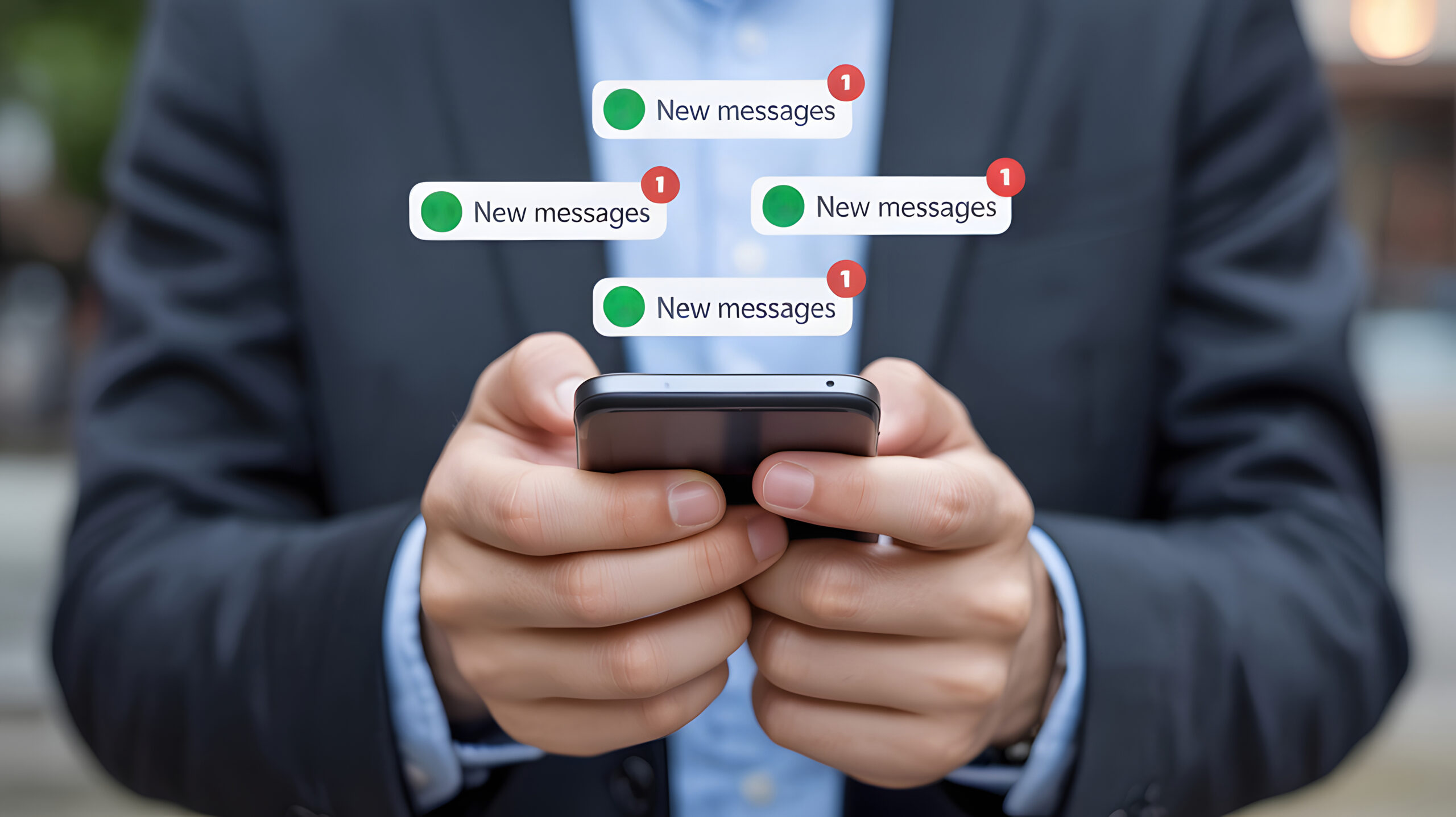For many law firms, especially in personal injury, family law, or immigration, the phone is still the first point of contact. Prospective clients pick up the phone before filling out forms or using chat features. And that means missed calls aren’t just lost opportunities, they’re lost relationships.
High-call practices can receive dozens, or even hundreds, of calls a day. Some are urgent inquiries; others are follow-ups or administrative questions. When calls go unanswered, clients feel ignored, staff get pulled in multiple directions, and potential cases slip through the cracks. The question isn’t whether calls matter—they do. It’s how to manage them efficiently without overwhelming your team or compromising the client experience.
The Ripple Effects of Missed Calls
Missed calls don’t just impact a single prospect.
- Reputation: In urgent cases, prospective clients won’t wait. If they can’t reach you, they call the next firm. Patterns of unreturned calls quickly create a reputation for inaccessibility.
- Internal efficiency: Staff tasked with returning calls later are constantly juggling priorities. Drafting, case prep, and client updates all slow down, creating a reactive cycle that drains productivity.
- Client perception: Existing clients notice missed calls. Even minor issues can erode trust in firms where responsiveness is a defining characteristic of the attorney-client relationship.
The Hidden Costs of In-House Call Handling
Many firms try to manage high call volumes by assigning reception duties to paralegals or administrative staff. It seems logical, but it comes at a price.
Every hour a paralegal spends answering routine calls is an hour away from discovery, drafting, or trial prep. Administrative staff pulled from their usual work may delay billing, scheduling, or other office functions. And over time, this reactive cycle frustrates both attorneys and staff, as expertise is consumed by tasks that don’t require it.
Virtual Receptionists: Scalable, Reliable, and Trained for Law
This is where virtual receptionist services make a difference. Trained professionals handle calls efficiently, professionally, and with legal practice protocols in mind. Unlike generic answering services, they understand confidentiality requirements, intake processes, and how to capture accurate information.
Calls are answered live, appropriately routed, and documented directly in your systems. Attorneys and staff only receive what’s necessary, freeing them to focus on cases and strategy. The result is smoother workflows, higher client satisfaction, and more bandwidth for legal work.
Real-World Impact: A Personal Injury Firm
Take a personal injury firm, managing 150 calls per week. Paralegals were routinely pulled from discovery and drafting to answer phones. Deadlines were missed, and morale suffered.
After implementing virtual receptionists, the call flow was restructured: prospective client inquiries were logged and scheduled, existing client calls were prioritized, and administrative calls were routed appropriately. Within six months, filing turnaround improved, client satisfaction scores rose, and staff regained focus—all without adding headcount.
Addressing Concerns About Outsourcing
Some firms worry about losing their personal touch. But virtual receptionists act as an extension of your team. With dedicated training, scripts aligned to your practice, and secure systems in place, they deliver professionalism, consistency, and confidentiality. For high-call practices, this combination of accessibility and control is crucial.
The Business Case
At the core, this is about resource allocation. Attorneys and paralegals should focus on tasks that impact case outcomes and client strategy not managing phones. Virtual receptionists make that possible.
Financially, the benefits are clear. Coverage for business hours, or even after hours, comes at a fraction of the cost of a full-time hire. Combine that with operational gains, and the return on investment is measurable.
High-call practices cannot afford missed opportunities or diminished client trust. Virtual receptionists provide scalable, professional support that keeps your firm accessible, protects staff time, and strengthens client relationships.
Contact us today to learn how virtual receptionist support can help your firm stay responsive without overloading your team.
